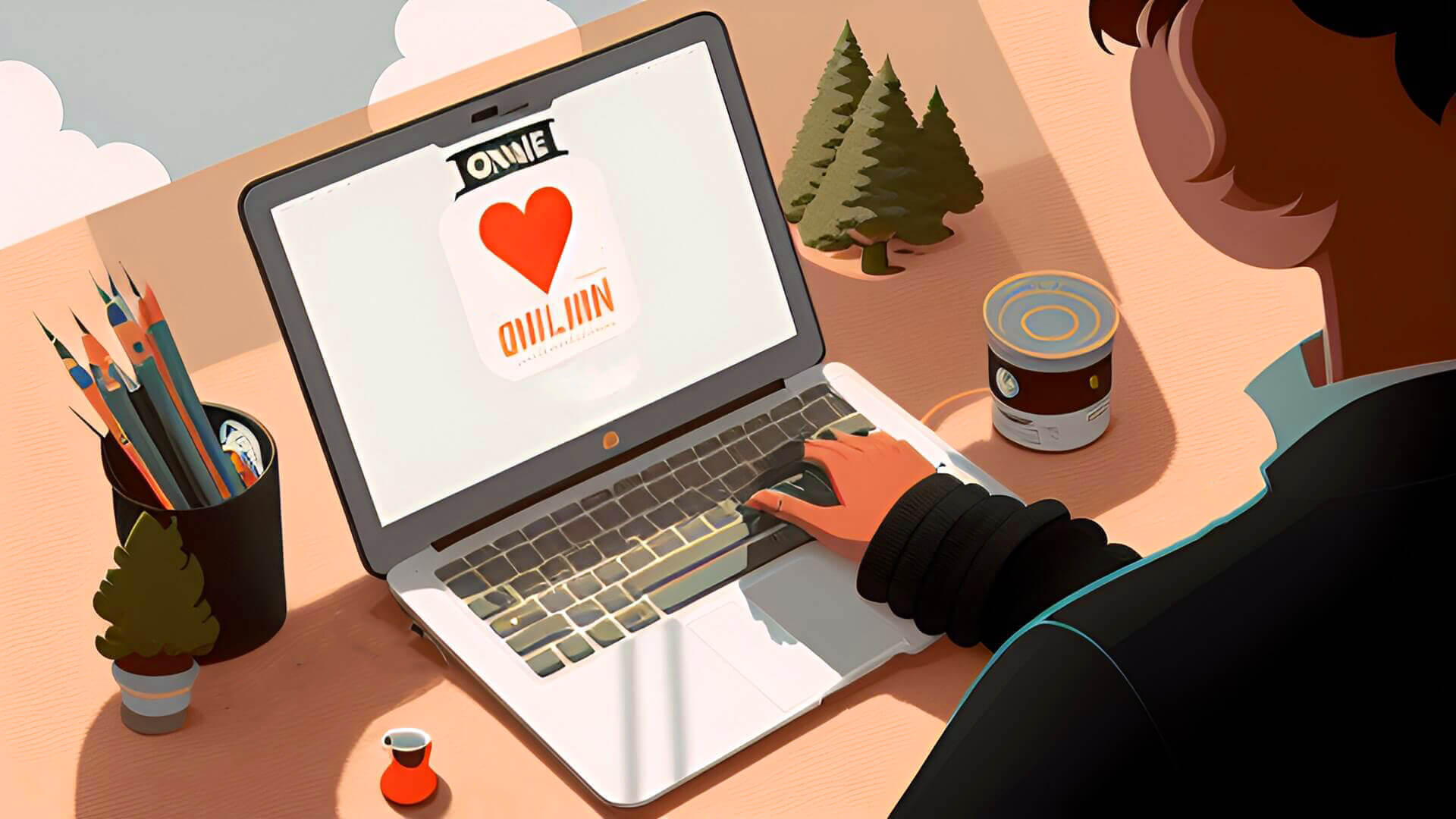RaiseDonors isn’t just a technology platform for nonprofits. It’s a philosophy.
It’s a way of thinking of your donors as partners in a common cause, where you care more for the donor than the gift.
The RaiseDonors philosophy shuns short-term thinking and even shorter-term results.
The RaiseDonor’s way chooses instead to invest in the donor, creating renewable, long-term results.
It’s a fundamental shift from thinking transactionally to thinking relationally.
It’s hard to do when you’re going through your own crisis
Raising donors is always counter-intuitive—but it’s down-right difficult during times of crisis like the COVID-19 pandemic we’re all living through right now.
Many nonprofits are closing public fundraising events as they follow public health recommendations.
The stock market is suffering from the uncertainty caused by the coronavirus pandemic, which will suppress giving from now and into the indefinite future.
Major fundraising endeavors like capital campaigns with countless hours of staff time and resources invested are now up in the air.
All these things mean a lot of fear and uncertainty for those of us working in the nonprofit sector.
As this general anxiety presses down on you, it’s tempting to use short-term tactics like crisis fundraising and guilt trips.
And while it may give a slight bump to declining giving trends—over the long-haul, you’ll end up alienating donors.
When donors begin to feel like they are a charity ATM, rather than a partner in the journey—they shut their hearts to your messaging and close their wallets.
If your donors are truly a partner with you in the cause, the right thing to do is walk with them through the crisis.
But when you and your organization are dealing with your own crisis, how do you walk with your donors through theirs?
Don’t stop fundraising
Your cause still matters. Your donors still care.
During the crisis, your donors are understandably more worried about their lives and their families right now.
But they still care… and they need to know that you still care.
Like fuel in your car, the only thing keeping your organization moving is fundraising.
By fundraising, you’re showing donors your commitment to keeping the mission moving.
Because the poor are still suffering. Those with cancer are still hurting. The vulnerable and outcast still need a voice.
The social needs of the world have not disappeared—and you’re the one advocating for them in the midst of this global crisis.
Be positive… but not too positive
This is a bit personal, so please hear me out.
Fundraisers are often very positive, the-glass-is-half-full kind of people. This personality is perfect for our line of work.
But in times of crisis, positivity can come across as a lack of concern.
Be very careful to listen to your donors and their worries. Even if you think there’s nothing to be afraid of, many donors are really, really scared.
And the fact is, they should be.
Older people are the ones most at risk of being infected by COVID-19, and “older” people probably make up the majority of your donor base.
Don’t let your positivity be misinterpreted by your donors that you don’t care.
Also, take care that you remember their crisis even as you’re asking for their help with your own crisis.
If they’re worried about their health or their family at this time, telling them to give or else you’ll close your doors won’t get you the sympathy you’re looking for.
Create a sense of community… virtually
Now’s the time to crank up your social media strategy to 11.
Get on social media and interact with donors.
Ask how they’re doing. Encourage them to post pictures of their lives while at home.
Make videos of yourselves working at home, encouraging them by showing them how we’re all in it together.
By using live-streaming services like Facebook Live and YouTube Live, you can host different kinds of community events.
For example, if you’re a faith-based organization, you can conduct prayer meetings with your donors via live streaming.
Or you could host video chat interviews with local experts to give news and advice to your donors.
Of course, the obvious experts would be health officials, but try to think outside the box. Here are a few ideas:
- A finance expert to talk about how donors can protect their investments
- An art expert to show them artistic projects they can do at home
- A gardening or home organization expert to help them beautify their homes while in quarantine
Streaming these kinds of expert interviews serve your donors directly, showing them how much you care about them and their families.
These video interviews not only provide sound advice, they help your donors feel normal again.
There’s so much content out there right now about the coronavirus, you’ll be one of the only sources of helpful content that has little or nothing to do with coronavirus.
Offer donors alternative ways to be a part of the cause
Who says that galas, events, and runs are the only way to support a cause?
There are several things you can do virtually to keep your donors inspired by the cause.
Post video content of how your program teams are dealing with the daily threat of coronavirus while still serving the needs of those who need your help.
I especially like how Akron-Canton Regional Food Bank has been posting their activity in the midst of the coronavirus. These videos keep their donors up-to-date on how they’re “gettin’ after it.”
https://www.facebook.com/akroncantonfoodbank/videos/213078966430956/
On social media, ask your donors to share their story. Ask them to post pictures of themselves volunteering at your organization.
Try hosting a Facebook watching party of an interview you’ve conducted with an expert in your field. This way, donors can interact with you about the interview by asking questions or leaving comments.
If your cause is international, try posting videos from the field showing how your international partners are dealing with the coronavirus in their area of the world.
Do what You can
I hate everything about this coronavirus outbreak.
It spreads fast. People have died from it. And we don’t know when this quarantine is going to end.
But we didn’t pick this crisis. In a way, it chose us.
Your work is important. The cause you serve is important.
Do what you can with what you have.
And you know what? I believe you’ll find your donors will do the same.





